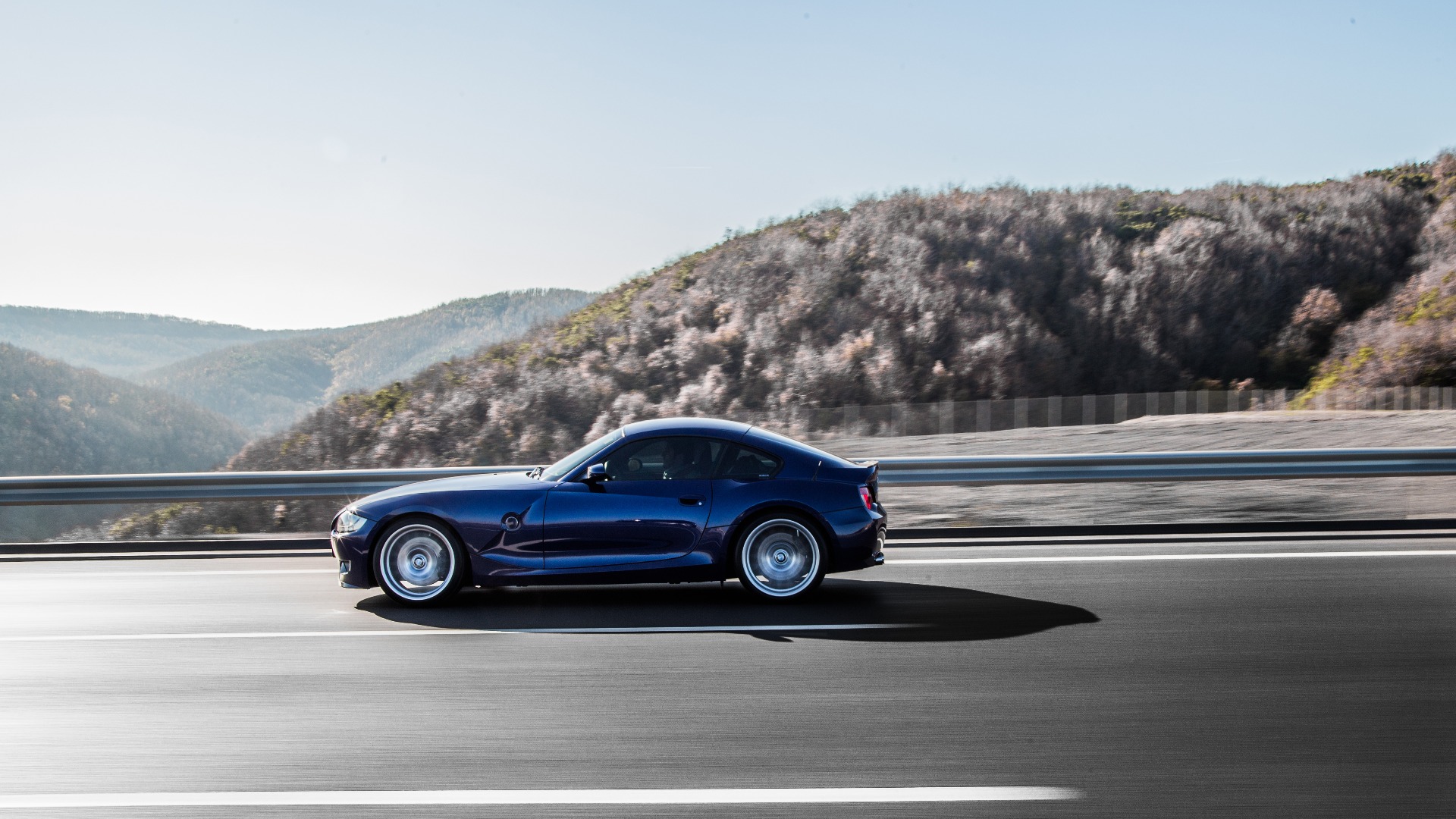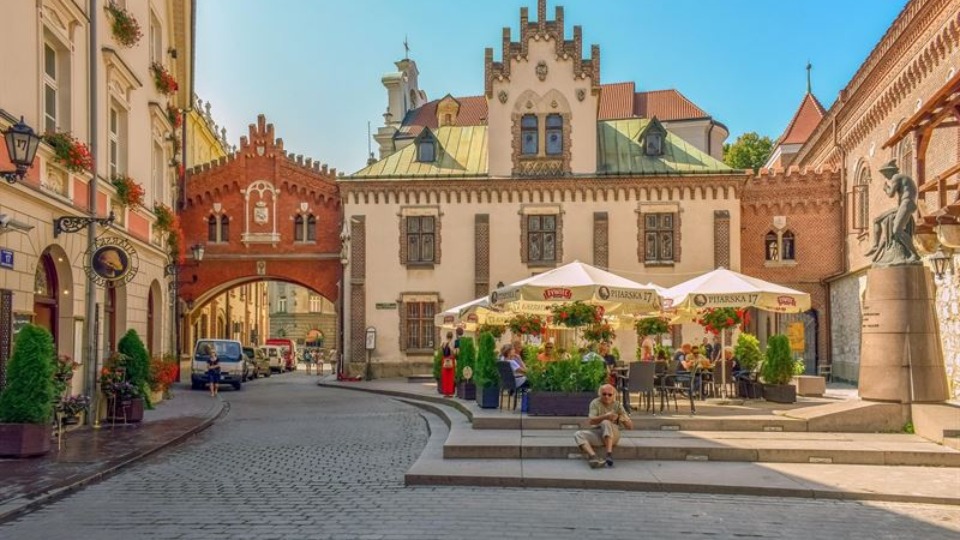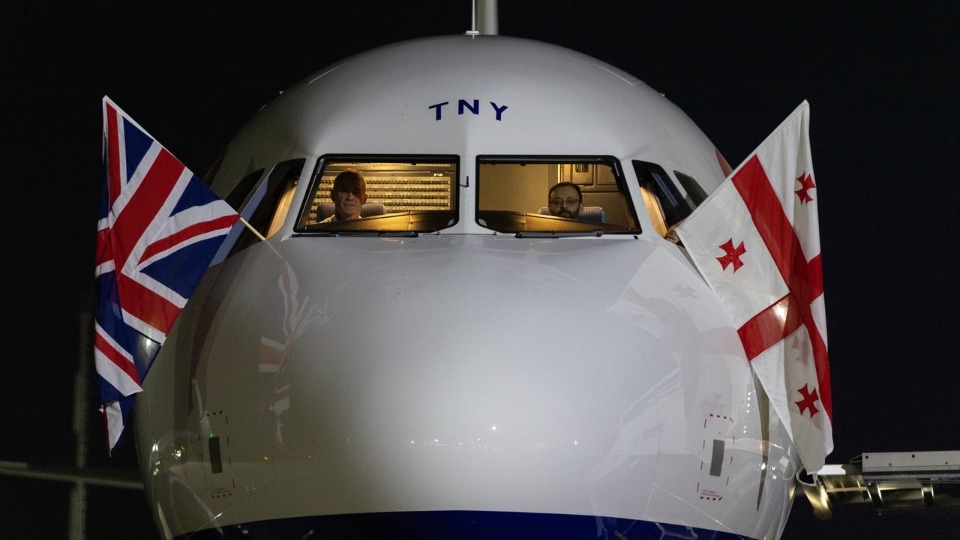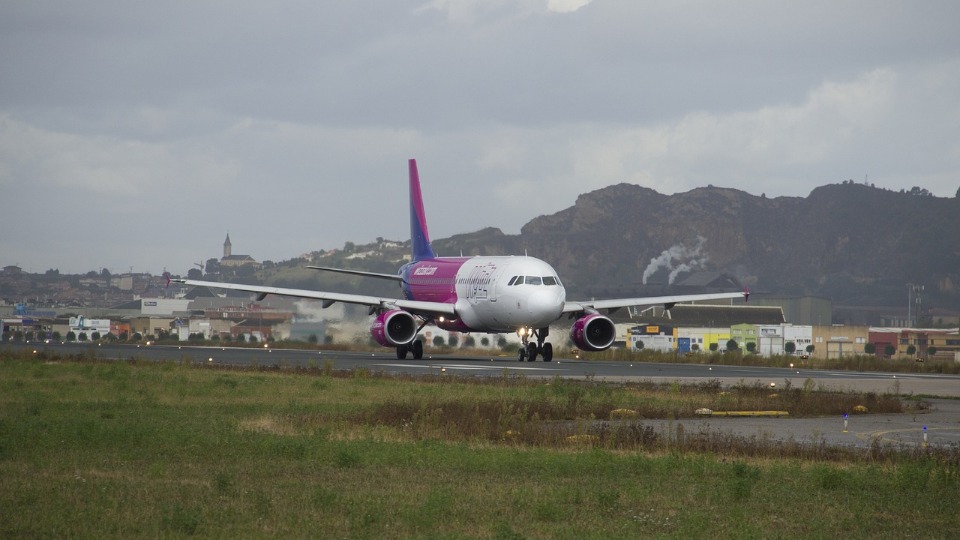
Russia-Registered Cars Will Also Be Banned In Norway

The ban on Russian-registered automobiles will soon be implemented in Norway, making it the sixth and last nation that shares a border with Russia to do so.
The announcement was made by Eivind Vad Petersson, who serves as the State Secretary for Norway's Ministry of Foreign Affairs. He said that Norway would institute a policy that prohibits the admission of vehicles with Russian license plates.
However, he did not disclose when the ban would go into effect, and he emphasized that the authorities are now assessing the present circumstances and searching for methods to implement the prohibition.
"Norway will introduce restrictions on importing and using Russian-registered cars in Norway. We’re now looking at how this will be done and will come back quickly with effective measures", Petersson commented.
The explanations provided by the EU Commission on the already in place bans were taken into consideration when Norway made the decision to implement the ban. Earlier this month, the Commission stated that while travelling to the bloc, citizens of Russia are forbidden from bringing a variety of personal products with them. These items include their own automobiles, cellphones, and even toilet paper and soap. The regulatory body went on to clarify that the restriction applies to any and all automobiles that have been registered in Russia, emphasizing that it does not matter how long the vehicle has been present on the EU soil.
Over the last week, prohibitions on passenger vehicles with Russian license plates have been enacted in Finland, Estonia, Latvia, and Lithuania. However, the ban on Russian-registered automobiles has not yet been made public in Norway.
In making the announcement of Finland's decision, the Ministry of Foreign Affairs of that country said that the decision to implement the ban on Russian-registered automobiles was made in accordance with the justifications offered by the Commission of the EU. In addition, the authorities said that the ban would be enforced against everyone, with the exception of EU nationals who have taken up permanent residence in Russia and members of their families, people travelling to Russia for humanitarian concerns, as well as officials.
A similar statement was made by Estonia, which also claimed that the decision to restrict vehicles with Russian registrations was made in light of the Commission's rationales. Foreign Minister Margus Tsahkna announced the ban on September 13, saying that Russian people would not be allowed to enter Estonia to exercise their freedoms.
On the other side, Russia has lodged complaints against the prohibitions, stating that citizens of Russia are being treated unfairly. According to statements made by the Russian Ministry of Foreign Affairs, the various travel restrictions that have been implemented by the EU are now making it difficult for citizens of Russia to visit the union.
In addition, the Ministry said that it is obvious that the EU aims to bring down an 'iron curtain' and limit the amount of communication between individuals. Citizens were urged to weigh the benefits and drawbacks of EU entry.
Source: schengenvisainfo.com








